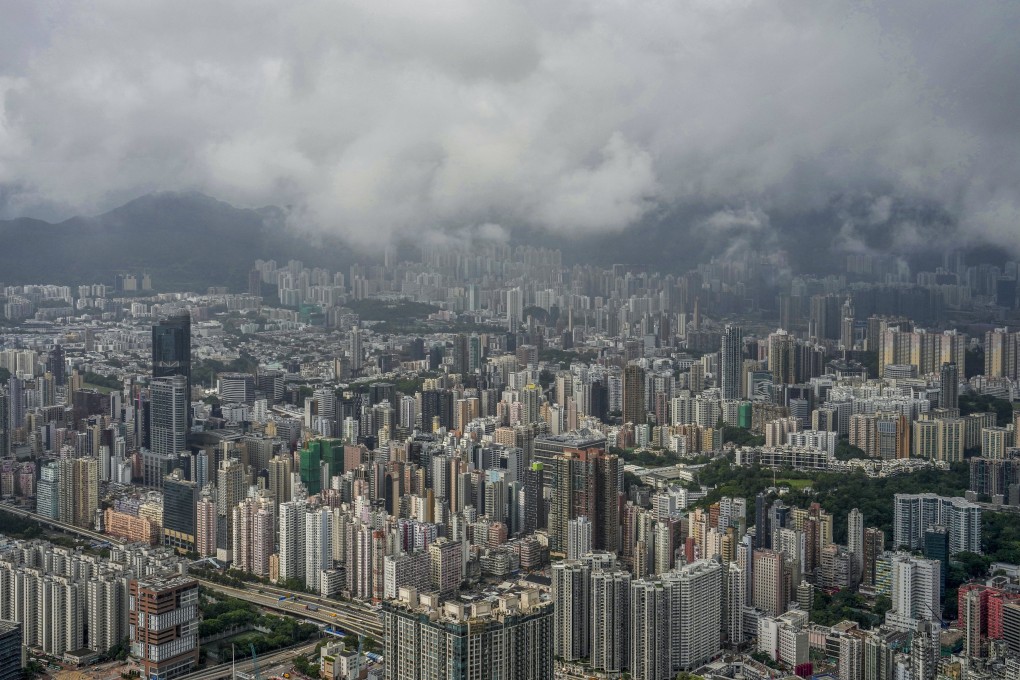Land premium revenue shows 86% shortfall as another Hong Kong government site put out to tender withdrawn from market
- Academic predicts government deficit will ‘become worse’ if review of reserve prices for development sites not carried out
- Industry figures also renew calls for scrapping of property curbs to help revitalise sector

The weak market led industry experts on Thursday to ask for a review of the pricing system and the scrapping of property curbs to help revitalise the sector.
The news came after a Tung Chung site was withdrawn after the rejection of the tenders for the land, earmarked for residential development and where the reserve was set by government surveyors in line with the latest market conditions.
Professor Chau Kwong-wing, the director of the Ronald Coase Centre for Property Rights Research at the University of Hong Kong, called for a review of the reserve price in the wake of an increase in parcels of government land being pulled from the market.
“If the situation continues, the government’s deficit will become worse,” Chau said.
“The government has refused to tell the reserve price, and I hope it can reveal the figures. It can increase transparency and facilitate developers in setting their bids.”